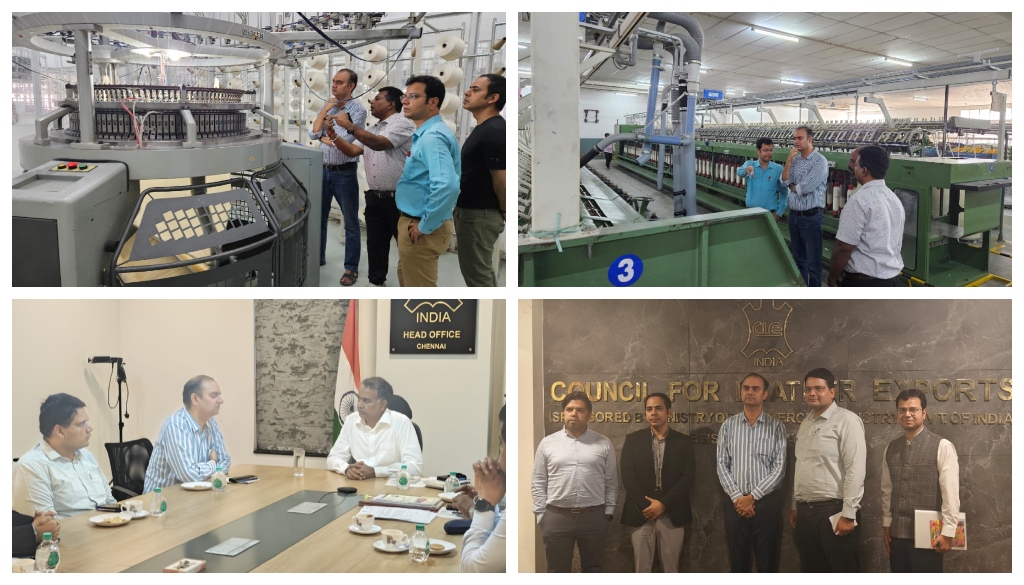Bihar Sets Sights on Becoming a Leading Textile Hub While Going Green

Patna: The Bihar government is stepping up its efforts to establish the state as a major hub for textile and leather industries in India. Aiming to learn from the success of Tamil Nadu, a delegation from the Department of Industries recently visited the southern state to gather insights and foster collaborations.
The delegation’s first stop was Tiruppur, a globally recognised textile manufacturing centre. Here, the team interacted with leading manufacturers and industry experts, examining advanced technologies and sustainable practices that have helped Tiruppur achieve international acclaim. Bihar aims to adopt similar eco-friendly processes to build sustainable industrial infrastructure, reduce pollution, and boost economic growth.
“Our visit to Tiruppur has equipped us with critical knowledge to replicate successful models in Bihar,” said Alok Ranjan Ghosh, Director of Industries, Bihar. “By fostering a conducive environment through infrastructure, policy support, and incentives, we aim to transform Bihar into a thriving hub for textiles and generate large-scale employment opportunities.”
The delegation also travelled to Ranipet to study the Zero Liquid Discharge (ZLD) systems at the Ranitec Common Effluent Treatment Plant. The plant recycles 85% of tannery wastewater, presenting a sustainable solution for Bihar’s emerging leather sector. Discussions were held with Mr Selvam, Executive Director of the Council of Leather Exports, to explore potential growth avenues in the state’s leather industry.
As part of its broader industrial strategy, the Bihar team visited R.K. Industries, a garment manufacturer serving premium global brands for over 50 years. In a significant development, the Bihar Industrial Area Development Authority (BIADA) has allocated 72,000 square feet of Plug and Play sheds to the company in Bihta, Patna. This move underscores the state’s investor-friendly policies and commitment to attracting top-tier manufacturers.
The Bihar government’s multi-faceted approach, combining knowledge-sharing, policy innovation, and sustainability, aims to place the state on the national and global industrial map. These efforts are expected to drive growth and create employment opportunities, furthering Bihar’s industrial ambitions.






